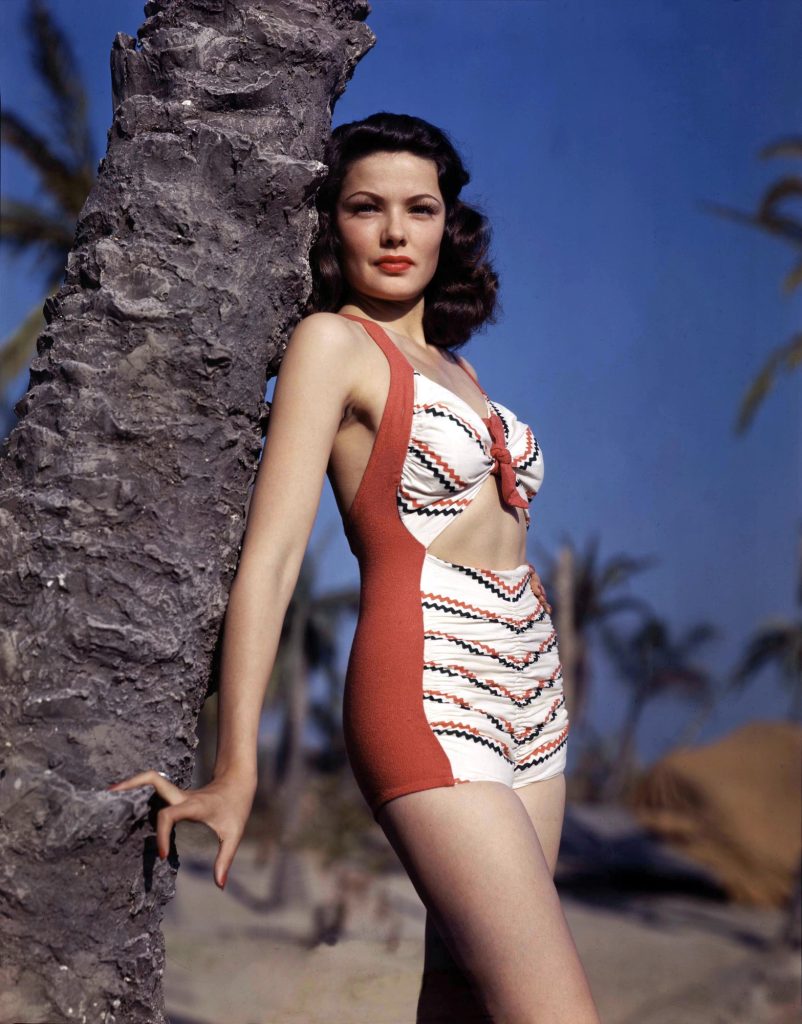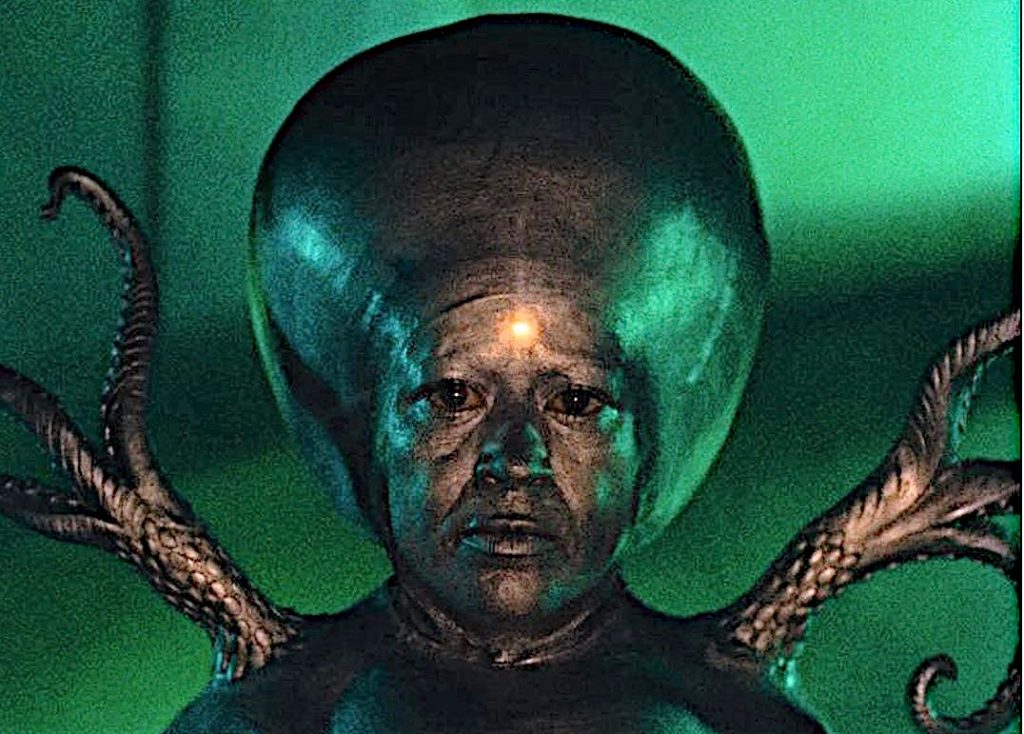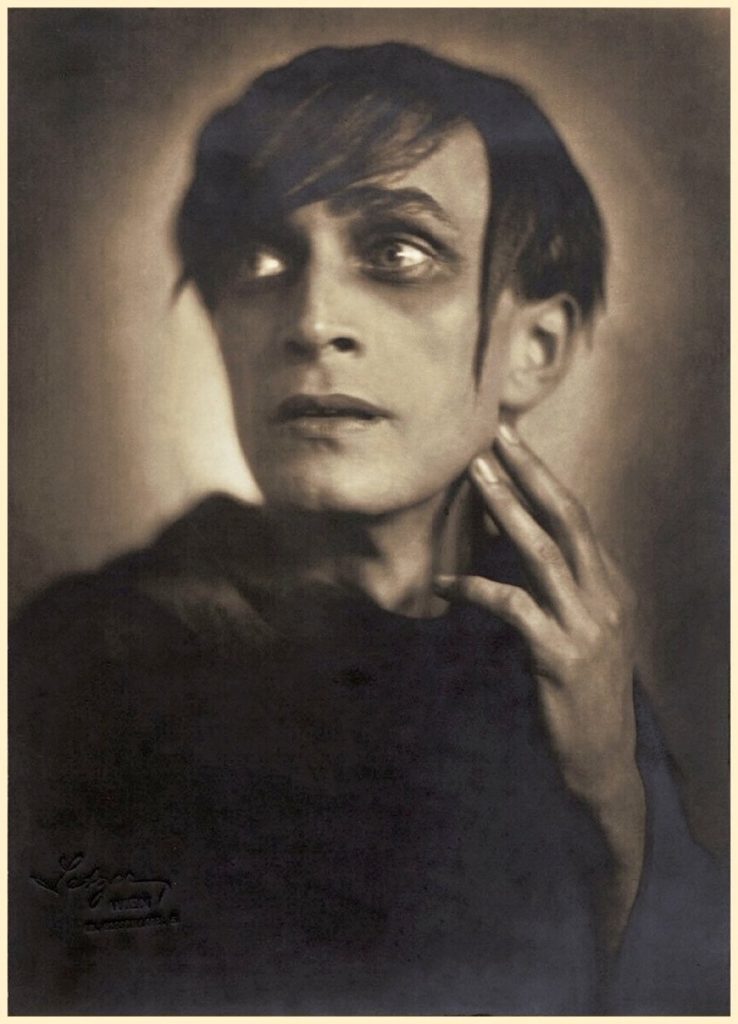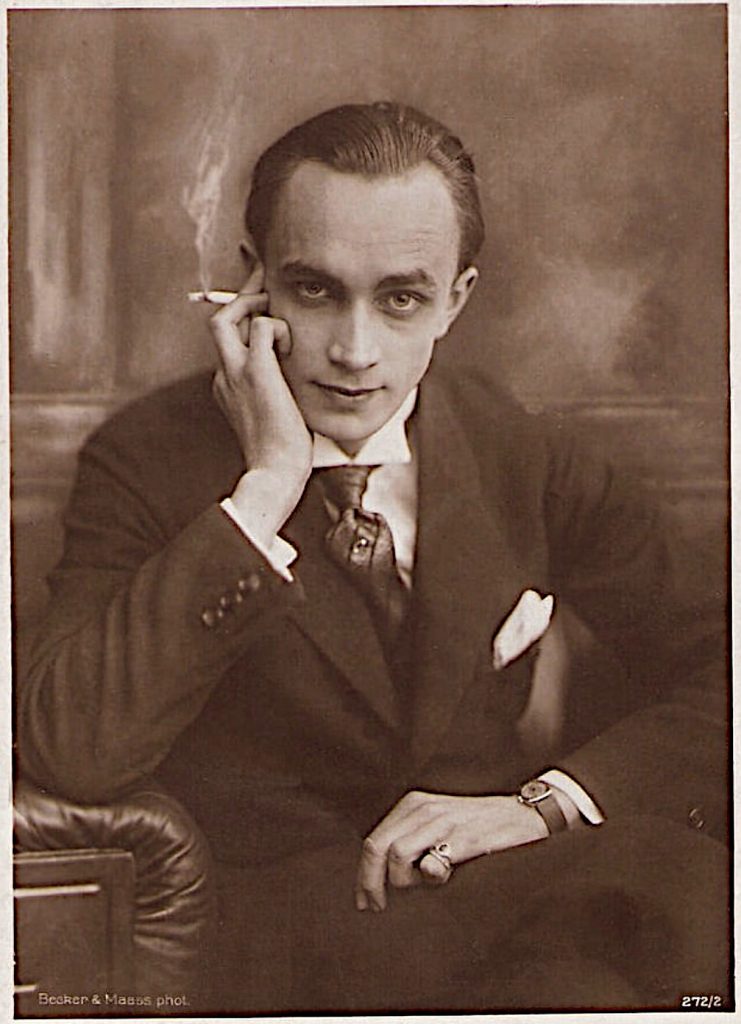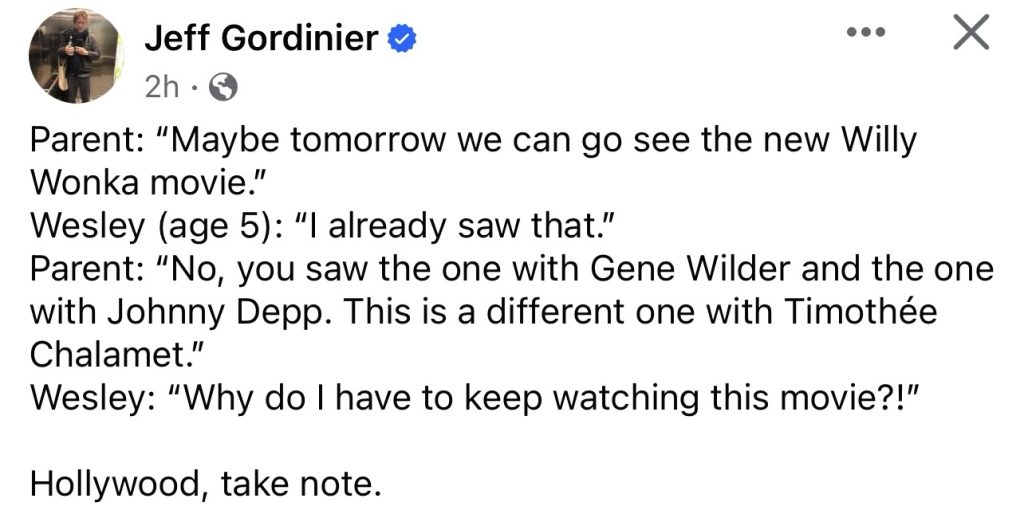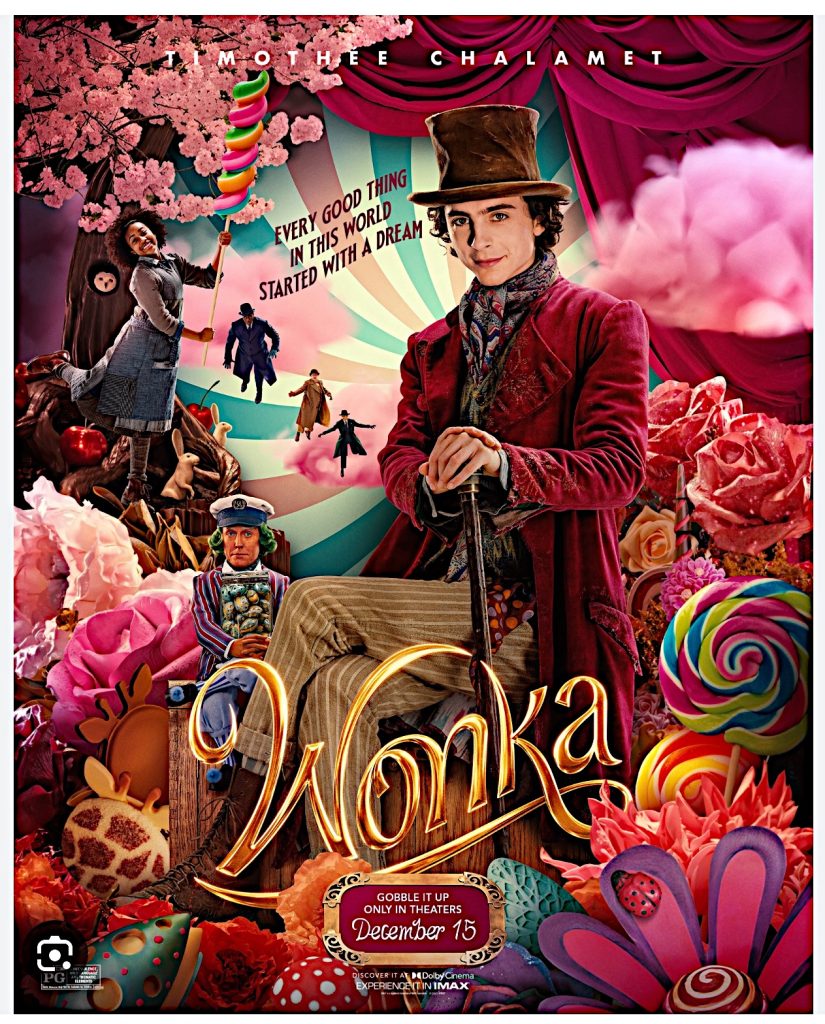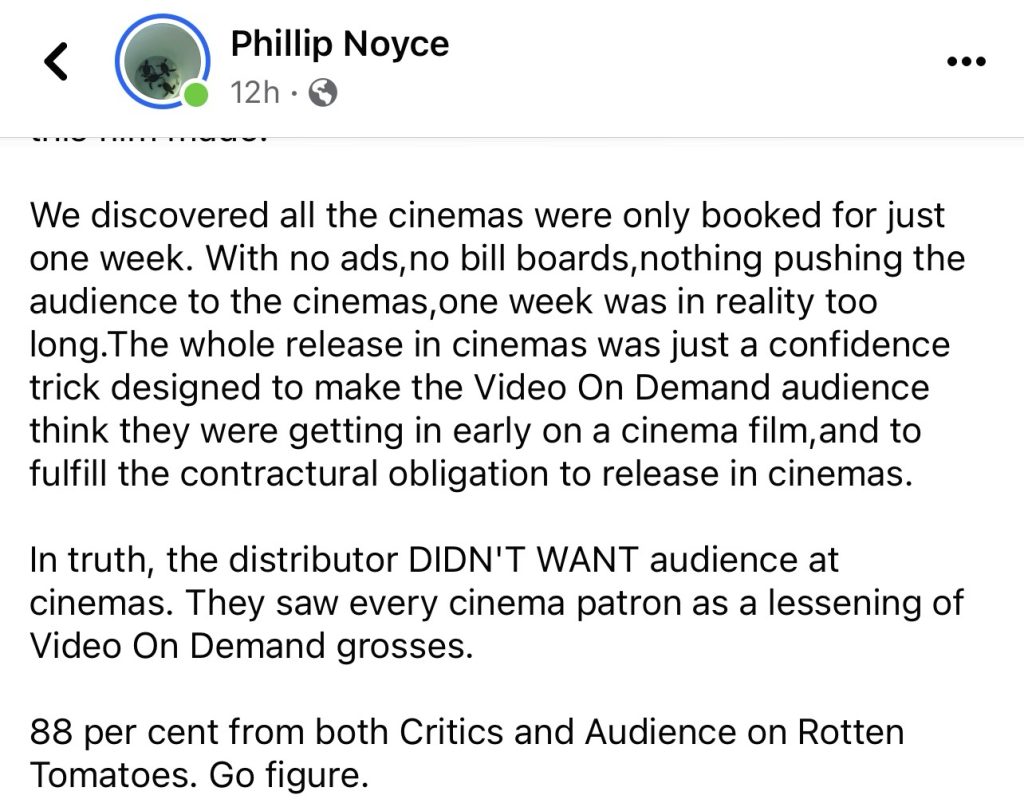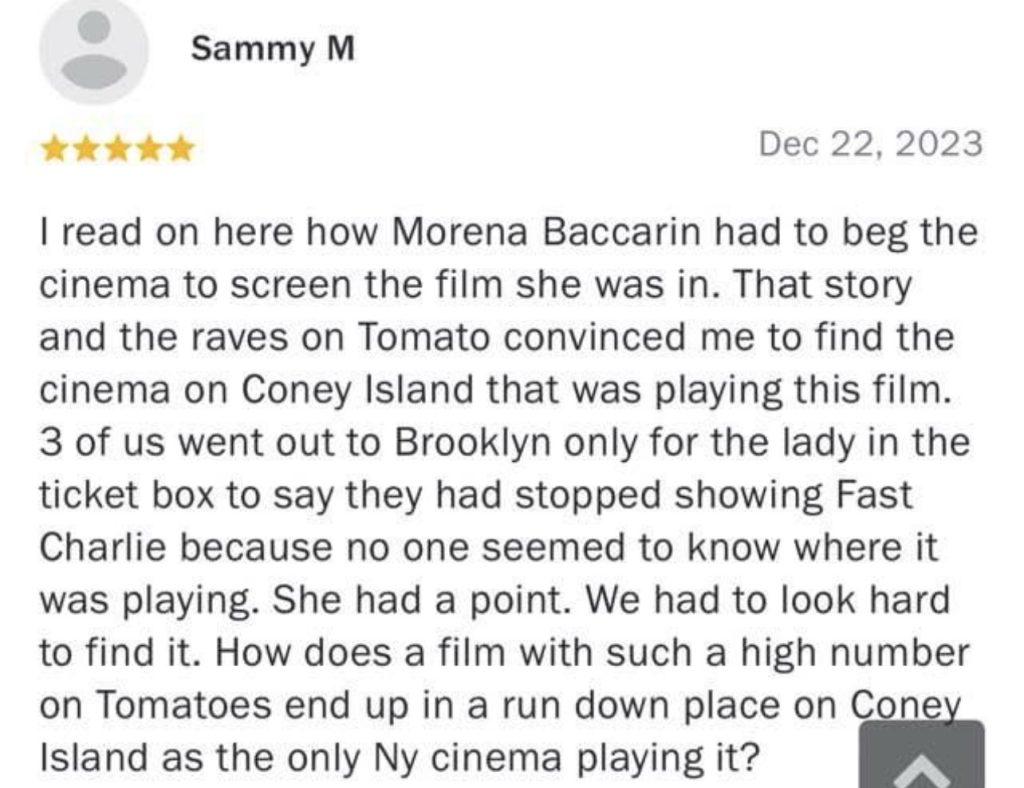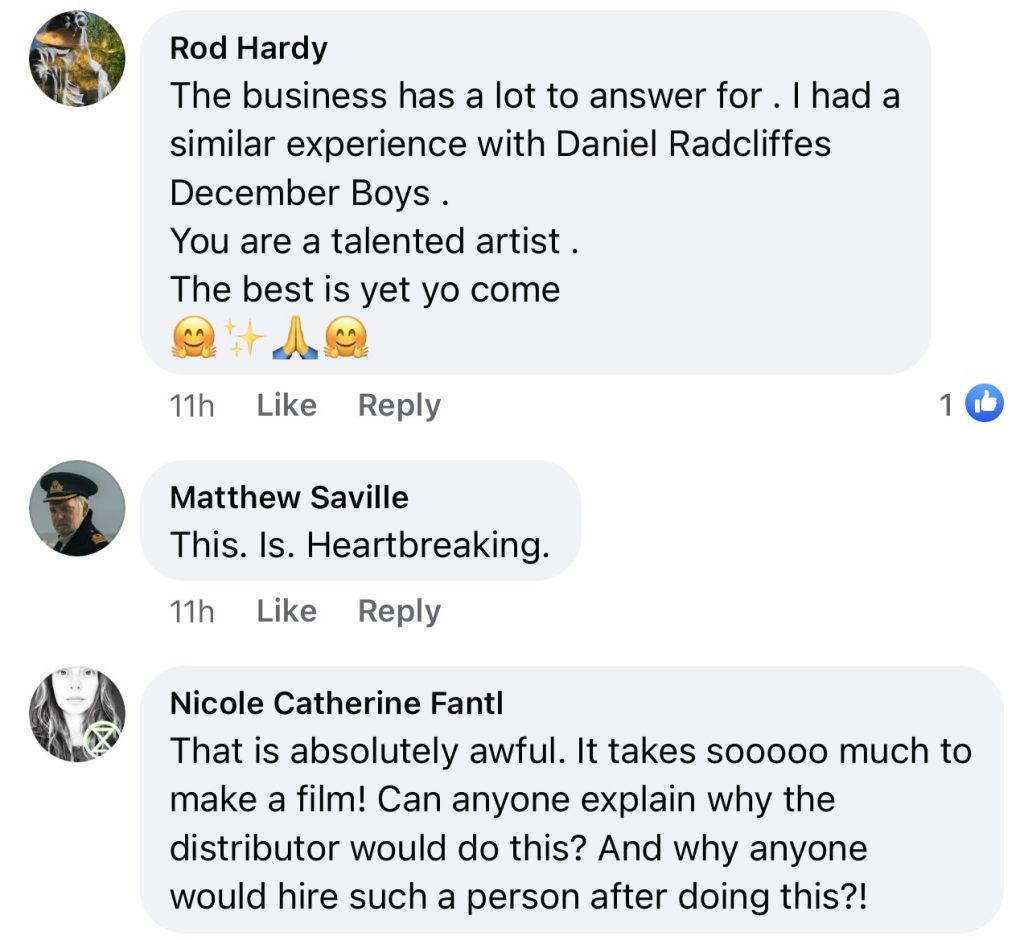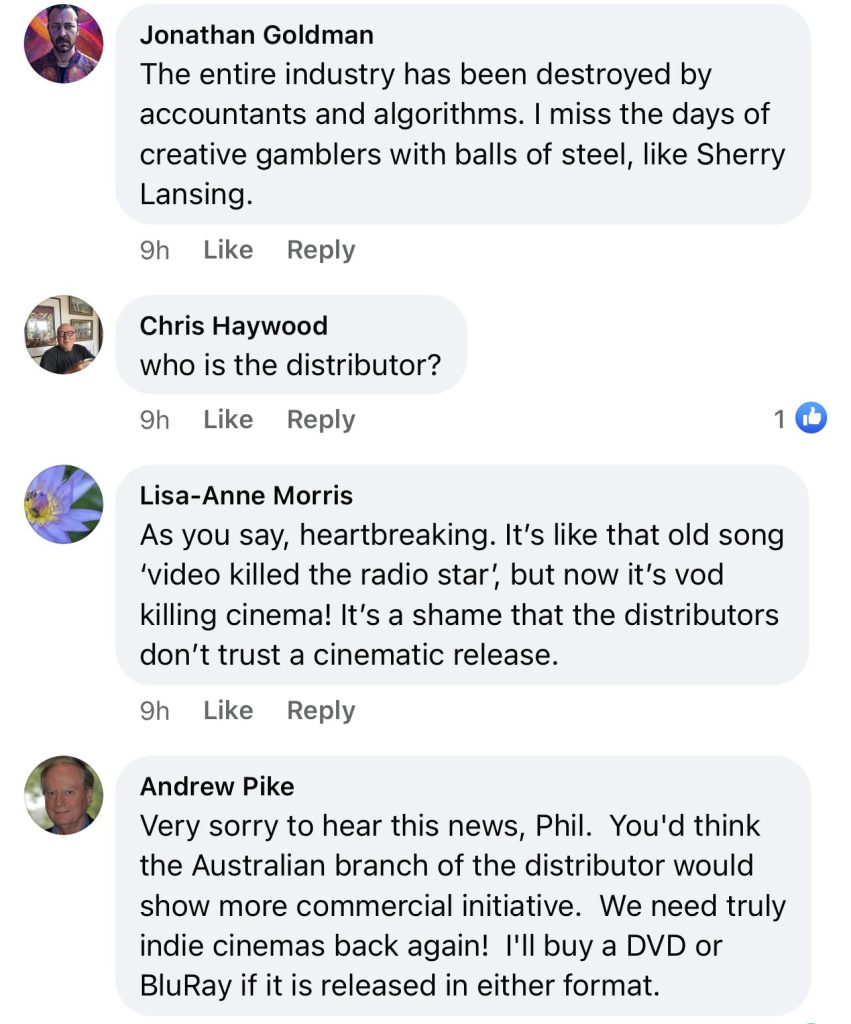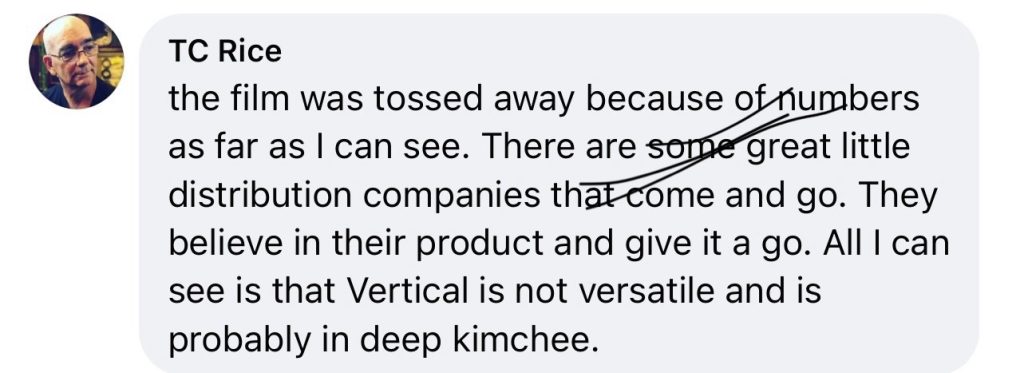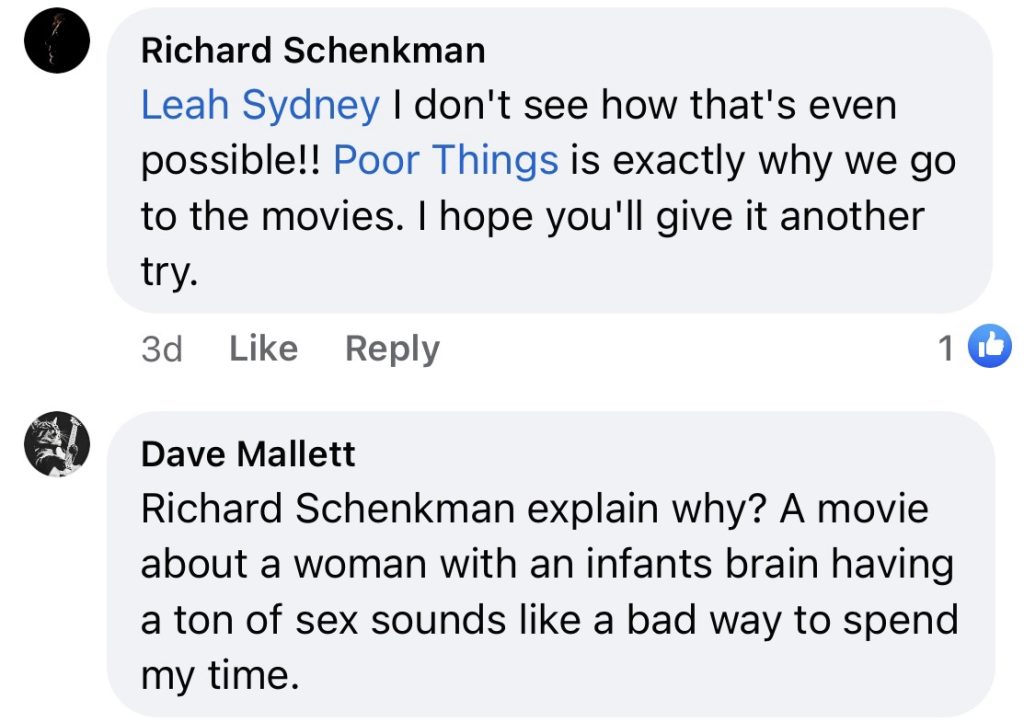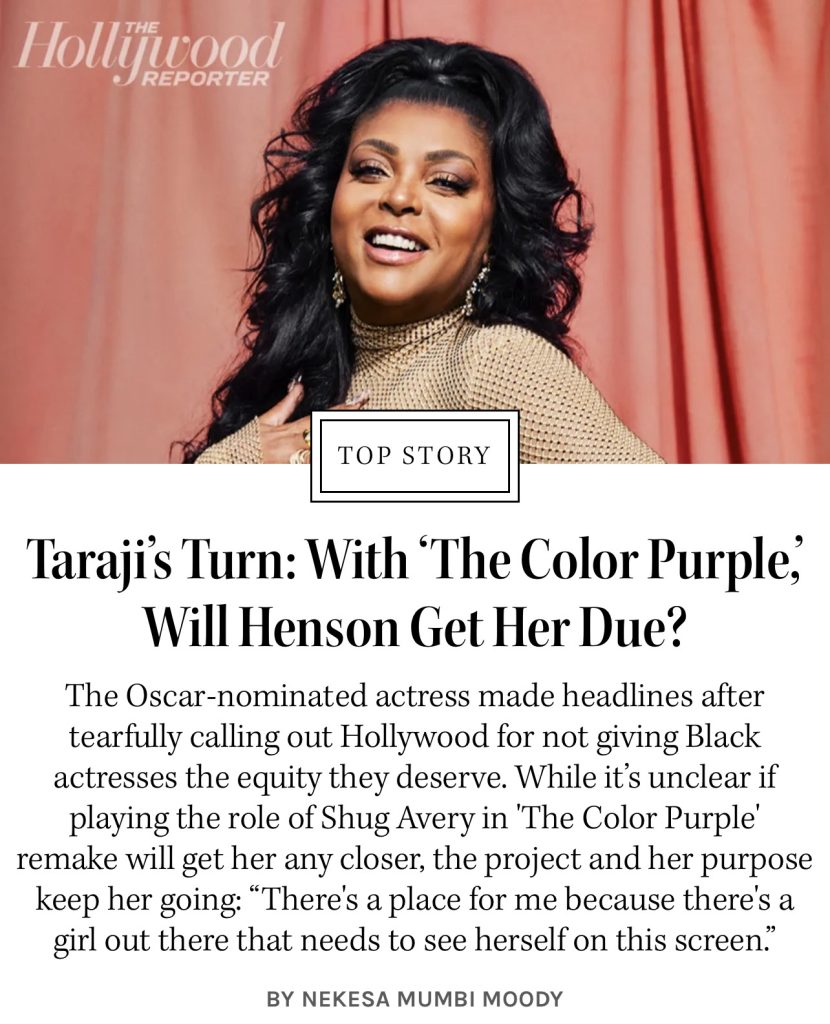If you’re lucky or industrious enough to enjoy a peak period, it almost always happens between your mid 20s and early 40s. (Mine didn’t begin until my early 40s — go figure.) Any way you slice it youth is a ferociously fast train, and is over before you know it.
Johnny Depp was 31 when this Annie Leibovitz photo was taken in ‘94; Kate Moss was 20.

Gene Tierney was 23 when this shot was taken. She peaked in the 1940s — all was gravy, her life knew no bounds, she had a thing with JFK, etc. Career-wise and otherwise things got tough for her in the ‘50s.
